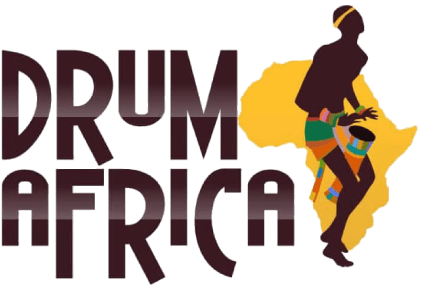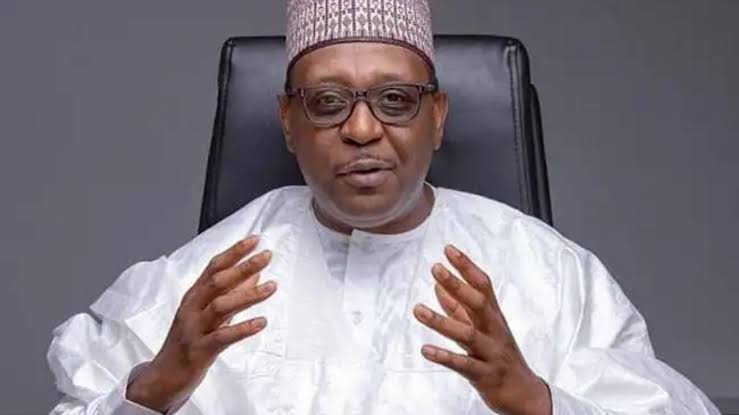Professor Muhammad Ali Pate, the Coordinating Minister of Health and Social Welfare, has said that the Federal Government is making serious efforts to break Nigeria’s pharmaceutical dependency on foreign countries.
According to pharmaceutical experts, the Nigerian healthcare system is highly vulnerable because 70 per cent of medicines consumed in the country are imported.
However, the Health Minister has maintained that President Bola Tinubu’s administration is making efforts to address the de-industrialisation of the Nigerian pharmaceutical sector.
Speaking during an interview on Channels Television on Thursday, Prof Pate said the President has initiated an effort to unlock the healthcare value chain with the Presidential Initiative for Unlocking the Healthcare Value Chain (PVAC).
The goal of the PVAC initiative is to transform Nigeria’s healthcare ecosystem and establish the nation as a global hub for health products through substantial investments and enhanced private-sector participation.
“For decades, Nigeria has been systematically de-industrialised. We were dependent on imports of the most basic things like generic pharmaceuticals, which we could have produced; yes, we did have some local manufacturers, but they struggled. They struggled because the policy environment was not structured.
“This administration tries to address it head on, and President Bola Ahmed Tinubu initiated an effort to unlock the healthcare value chain, what we call PVAC, with policy reforms, the executive order to reduce the tariffs on raw materials and manufacturing equipment,” the minister said.
He added that the Nigeria First policy, aimed at promoting local content, will encourage Nigerians to patronise locally made drugs and boost the medical sector.
Prof Pate disclosed that the government initiatives are already paying off, with investors showing interest in the Nigerian pharmaceutical market and setting up plants.
“Recently, we commissioned a manufacturing plant in Sagamu in Ogun state, and several others have now started setting up. One here in Abuja is able to produce 600 million test kits.
“Two years ago, in all of Sub-Saharan Africa, there was no local manufacturer of rapid diagnostic kits, even to tell whether you have malaria or an infection. But now we do have local manufacturers, and that’s just the beginning. There are many more that are in the line because of this direction that this government has taken to produce locally,” he revealed.
He asserted that the Tinubu administration has laid the foundation for medically industrialised Nigeria.

